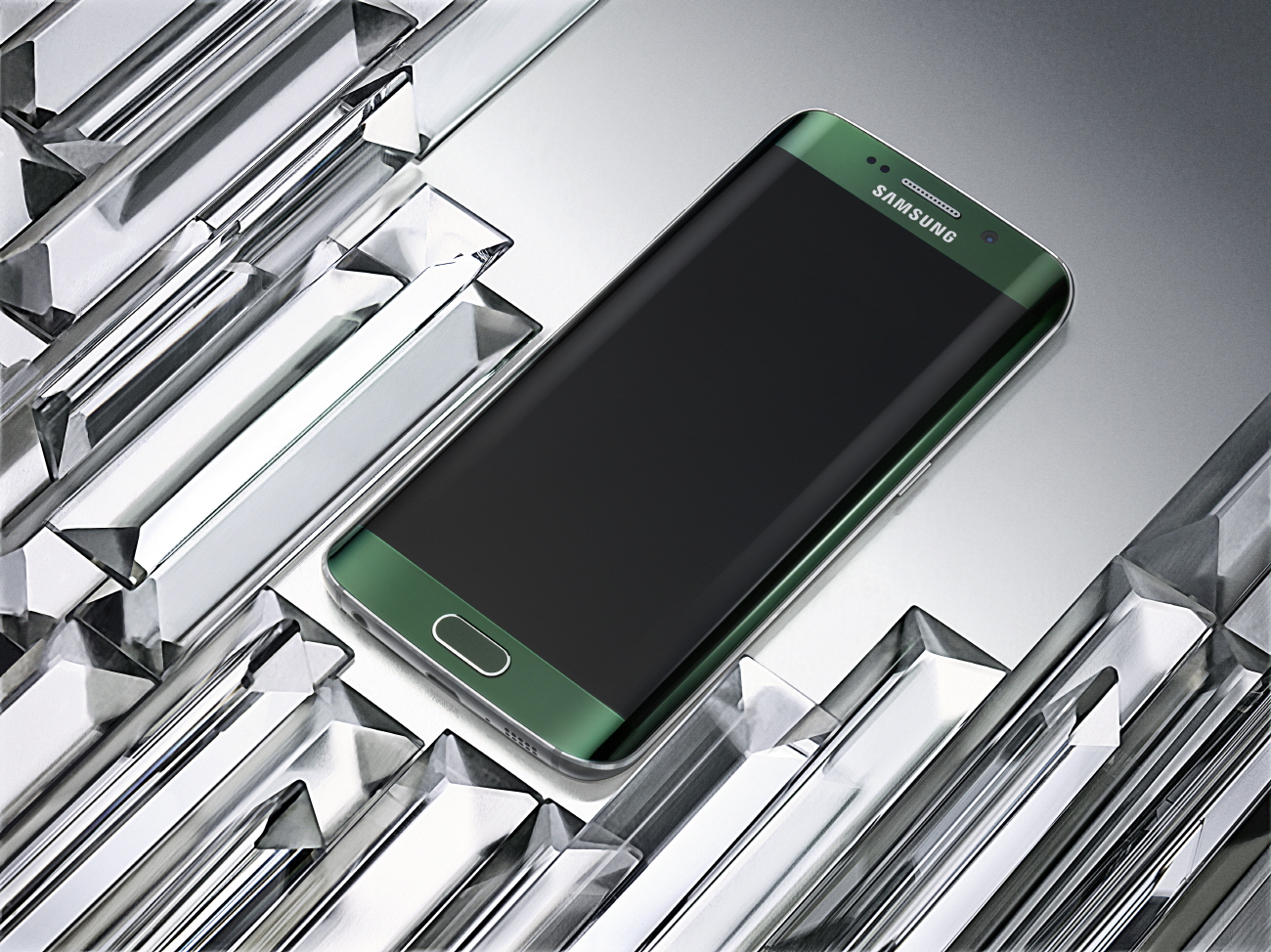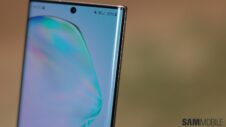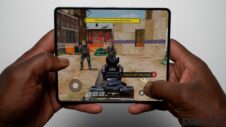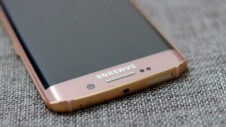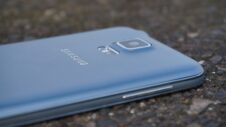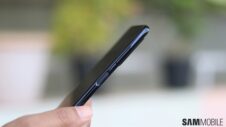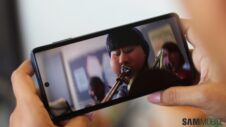Samsung has regained the top spot in smartphone sales in the United States, according to the latest from analyst firm Kantar Worldpanel Comtech, after just one month of Galaxy S6 and S6 edge sales (April-May 2015). Even though Apple’s iPhone 6 will go down as one of the best-selling smartphones of all time, Samsung has firmly cemented its position back at the top after so many viewed 2014 as the company’s lowest year (which isn’t entirely true).
There are many tech analysts and media who view Samsung’s rise in the US as “no big deal,” they say. Despite the company’s success, Samsung’s sales are always compared to Apple’s and found wanting in the eyes of pro-Apple media. This is nothing new; we’ve already covered this ground. While many continue to view Samsung as merely a second-place rival to Apple, Samsung continues to innovate. But what few seem to realize about Samsung is that the Korean manufacturer’s rise to the top means that Cupertino’s best iPhone is being ditched for the Galaxy S6 and S6 edge. Samsung’s newest smartphones are flying off of shelves, while Apple’s most superior smartphone to date is sitting on them and catching dust.
The Galaxy S6 is ranked third in terms of top smartphones of all time in the US, with the 2014 “flop,” the Galaxy S5, coming in as the second top-selling smartphone in the States. As for the iPhone 6, it sits atop the best-selling smartphones in the US, but it isn’t the very best of the Apple experience. What constitutes Apple’s best-selling experience? The behemoth iPhone 6 Plus.
The iPhone 6 Plus is the very best of what Apple has to offer. It features a 5.5-inch, Full HD display with 1920 x 1080p screen resolution, a 1.4Ghz, dual-core A8 processor and M8 motion coprocessor, not to mention its 64-bit architecture that is said to provide a look into the future of smartphones, and runs iOS 8. The iPhone 6 only has an HD display with 1334 x 750p screen resolution. The iPhone 6 Plus also features optical image stabilization (OIS) technology that reduces shake and motion when users take pictures and shoot video, and the less-powerful sibling, the iPhone 6, doesn’t include OIS.
While the iPhone 6 Plus has the most impressive display from Apple to arrive on the market since the iPhone’s introduction in 2007 (eight years ago), and the best photography Apple’s ever implemented in a smartphone, the iPhone 6 is the smartphone that’s selling the best for the California company. It took Apple at least three years to catch up with the screen size of its current iPhone 6 display, but Samsung displays have been around 4.7 inches since the arrival of the company’s Galaxy S3 in 2012, which had a 4.8-inch display. Welcome to 2012, Apple. Apple may have arrived to 2012 in its display tech at least, but the latest 2015 figures from Kantar show that the iPhone 6 Plus is the fifth best-selling smartphone in the US market. Samsung’s Galaxy S6 and S5 from 2014 have actually out-performed Apple’s latest and greatest smartphone in the US, Apple’s own backyard. It turns out that consumers don’t necessarily care for Apple’s Full HD screens, but Samsung’s Quad HD displays are selling left and right, with no signs of slowing down anytime soon.
Kantar’s study also shows us the reasons behind why consumers prefer Samsung over Apple. Interestingly enough, the airplane metal and Gorilla Glass 4 build had nothing to do with customer preference, despite the tech analysts and reviewers that want to make us think build quality is 95% of what matters. Instead, 45.9% of customers purchased an S6 because of the screen size, 48.9% were carried away with screen resolution and clarity, and 49% were most impressed with the S6 and S6 edge’s camera quality. The camera quality and screen clarity are not surprising to us here at SamMobile: we’ve seen the 16MP camera in Samsung’s S6 beat the iPhone 6 on a few occasions, and the Quad HD display in the S6 and S6 edge has been labeled the best by display experts. Even the iPhone 6’s “thinner, lighter, and faster” mantra seems problematic when stacked up against the S6.
In the final analysis, Apple will always do well in America. It’s Apple’s backyard, after all. At the same time, however, while Apple is counting its financial fortune, Americans are falling in love with Samsung. And for a company who’s taken pride in being beloved by its countrymen, Samsung’s latest return to the top in the US has to hurt. Terribly.
